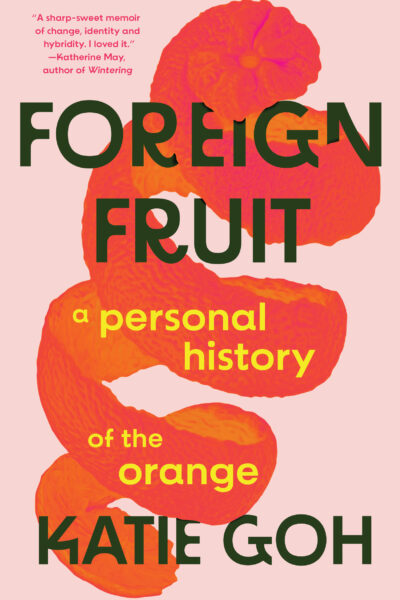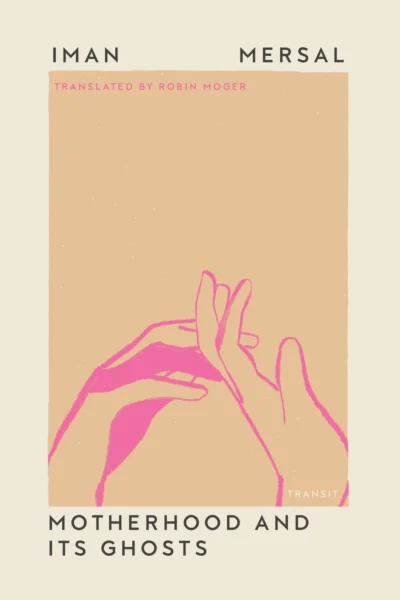Foreign Fruit: A Personal History of the Orange — Katie Goh
Fruit becomes an object and artifact of history, shaping the currents of the world and the present moment
Motherhood and its Ghosts — Iman Mersal, translated from the Arabic by Robin Moger
Forced into memory after becoming a mother herself, Mersal seeks to arrive at an understanding of who her mother was in order to understand who she will become.
Literature, as Lefebvre reads it, cannot be reduced to language, or genre, or nation—fluidity is more productive, more generous, more expansive.
The Use of Photography – Annie Ernaux and Marc Marie
Writing and photography together . . . become a way . . . to gesture at absence, to make clearer the shape of what is missing in order to more fully read the photograph.
The Wilderness – Ayşegül Savaş
Savaş’s prose . . . in its sharpness and clarity, never loses sight of the new mother as shaped by the world, by culture, by history, and most of all, by familial networks of care.
The Translator’s Daughter – Grace Loh Prasad
Framed through the lens of Prasad’s shifting relationship with her parents across geographies, THE TRANSLATOR’S DAUGHTER is a startling, aching account of [her] relationship to home.
then telling be the antidote – Xiao Yue Shan
Xiao Yue Shan looks at once backwards and forwards, superimposing past, present, and future to imagine the speculative possibilities of the future, and the fragile malleability of the past.








